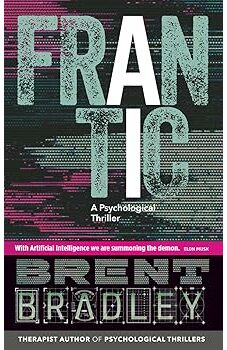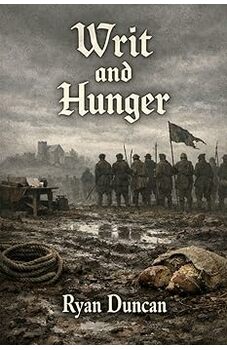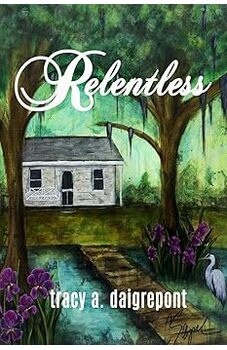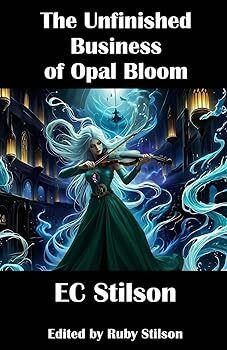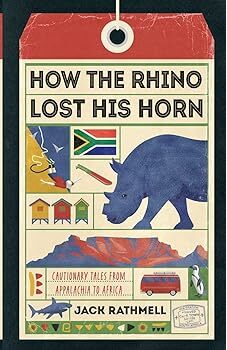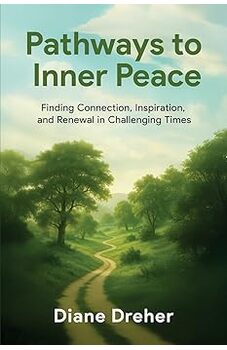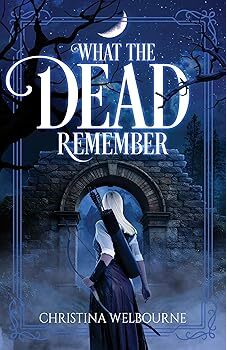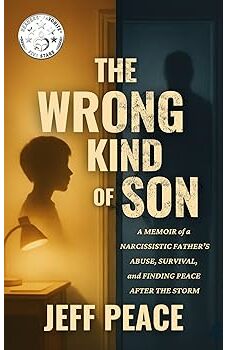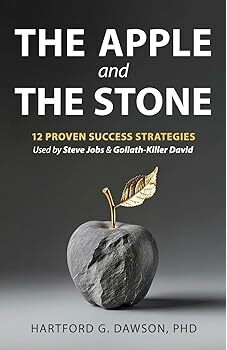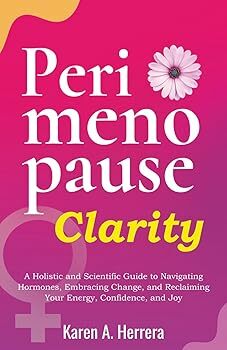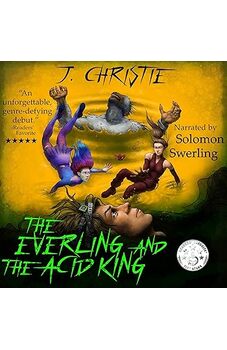Inspired by nature and the beauty around him the multi-award winning poet Gary W. Burns started writing poetry at a young age. Early on Gary was able to express his thoughts, ideas and emotions through the vivid imagery of his verse. His poetry has been published in various literary arts journals, anthologies and magazines. He is the author of 10 books of poetry. Through his poems Gary shares his reflections on the many facets of life and on the beauty of nature. The expressiveness of his poetry has been enriched by his wide reading in philosophy and psychology. He has traveled throughout the world and has lived in numerous countries, to include, Italy, Korea, Saudi Arabia and Canada. He has also lived in Hawaii and several other states. Currently, Gary makes his home in Northern Virginia near the foothills of the Blue Ridge Mountains.
